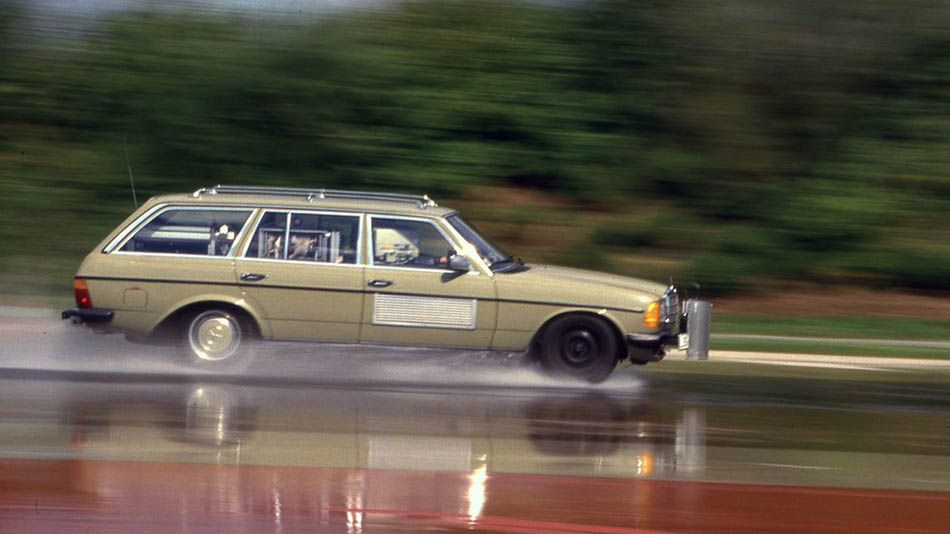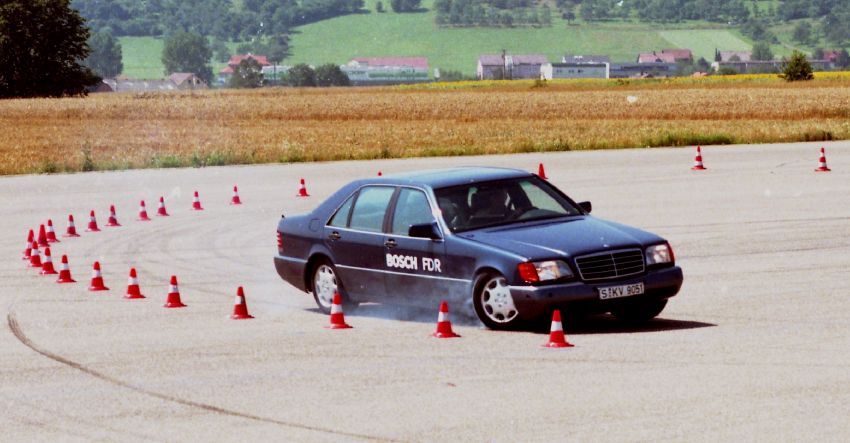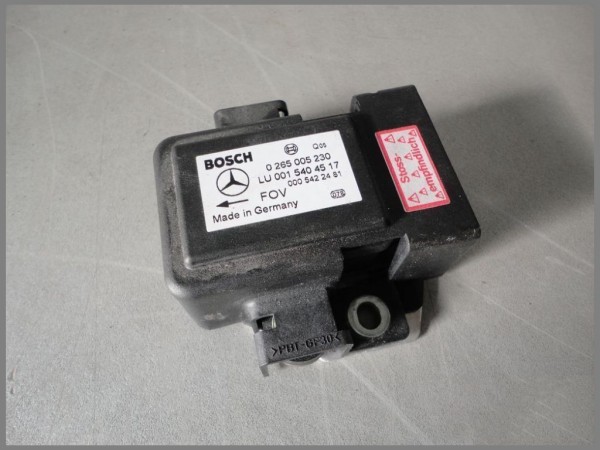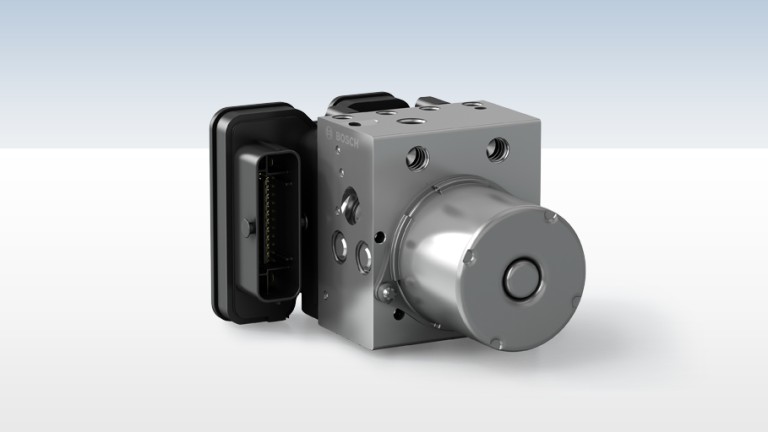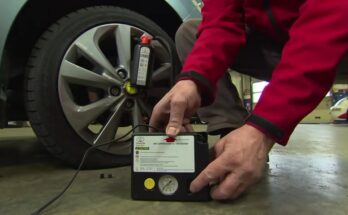There was a time when wet road and a sudden evasive maneuver would frequently have resulted in vehicle getting out of the hands of driver causing serious damage to the vehicle as well as fatalities or severe injuries to the occupants.
Related: Understanding Vehicle Emission Standards
Almost 25 years ago, the German engineering giant Bosch introduced the groundbreaking Electronic Stability Program (ESP®), which it launched with the Mercedes-Benz S-Class in 1995. Since then, ESP® has been keeping vehicles safely on track, also in critical situations. Bosch accident researchers estimate that in the EU alone, the anti-skid system has saved some 15,000 lives over the past 25 years, as well as preventing just under half a million accidents involving personal injury. Together with the seatbelt and airbag, ESP® is one of the most important life-savers in a vehicle.
82% of all new vehicles are equipped with ESP®
According to Harald Kroeger, member of the Bosch board of management:
“The development of the Electronic Stability Program was a milestone on the path to our ‘vision zero’ of no more road deaths. ESP® is an outstanding example of what we mean by ‘Invented for life. The innovation may be from 1995, but there is nothing dated about it: Bosch has continuously improved its anti-skid system, and produced more than 250 million ESP® systems to date. Modern cars are inconceivable without this electronic guardian angel. Worldwide, 82% of all new vehicles are equipped with ESP®.”
The ESP® combines the functions of the ABS (antilock braking system) and the TCS (traction control system), but can do considerably more as it also detects vehicle skidding movements, and actively counteracts them. The anti-skid system uses information about vehicle dynamics to detect whether the car is heading in the direction the driver is steering. If there is a discrepancy between these two factors, ESP® intervenes. This may sound simple, but is in fact a complex process. Smart sensors help compare steering angle and vehicle trajectory 25 times a second. If the two diverge, ESP® reduces engine torque and brakes individual wheels. In this way, the system helps the driver prevent the vehicle from breaking away or skidding, thus effectively preventing many fatal accidents in the process.
The Bosch ESP® in picture
In addition to ESP, Bosch is famous for other important automotive innovations, such as electronic engine management and common-rail diesel technology. As the industry moves towards autonomous driving, Bosch reiterated that ESP is the foundational technology for many driver assistance systems. Kroeger added:
“Whether new or tried and tested, Bosch technologies alert and support drivers in critical situations. And increasingly, they are in a position to assume monotonous and fatiguing tasks. This gives us an opportunity to further reduce the number of accidents and road deaths.”

A computer animation professional with over 23 years of industry experience having served in leading organizations, TV channels & production facilities in Pakistan. An avid car enthusiast and petrolhead with an affection to deliver quality content to help shape opinions. Formerly written for PakWheels as well as major publications including Dawn. Founder of CarSpiritPK.com

